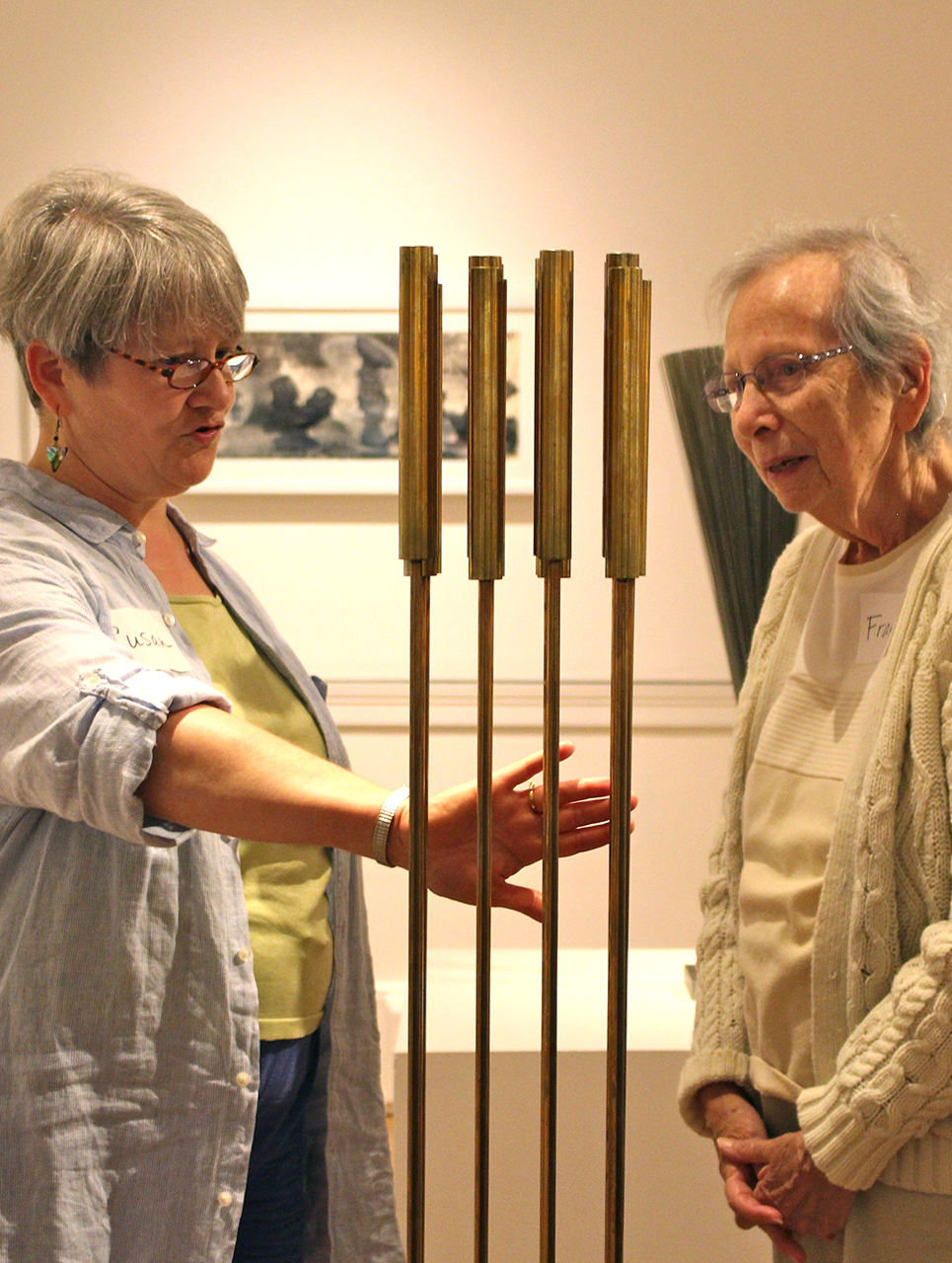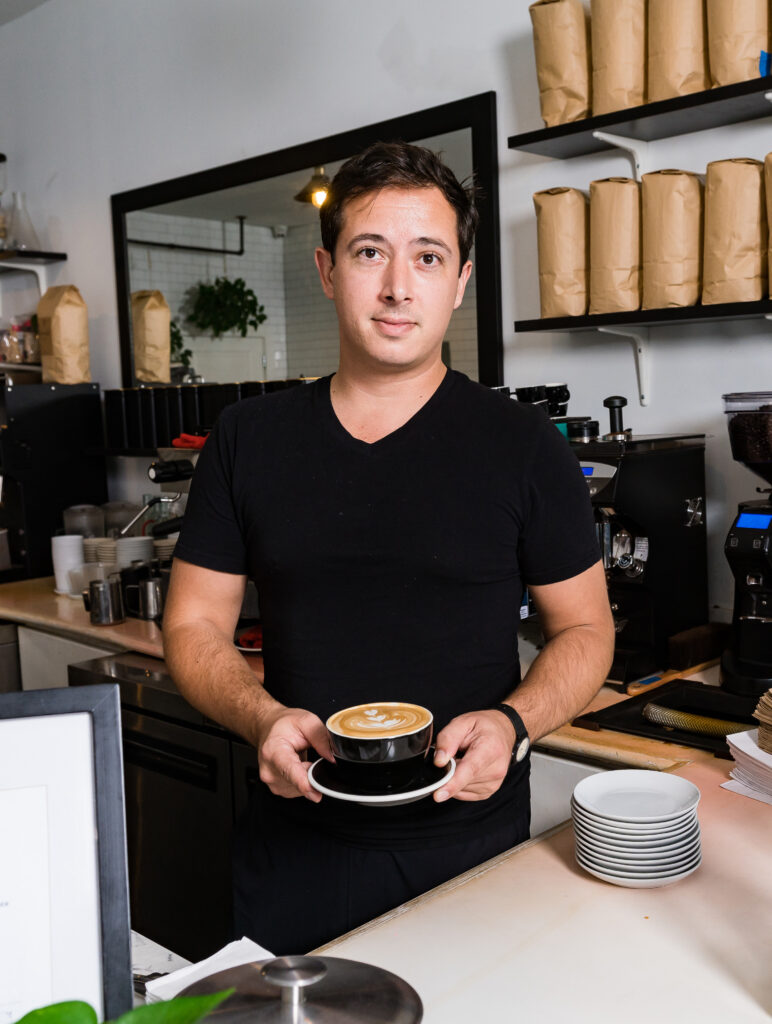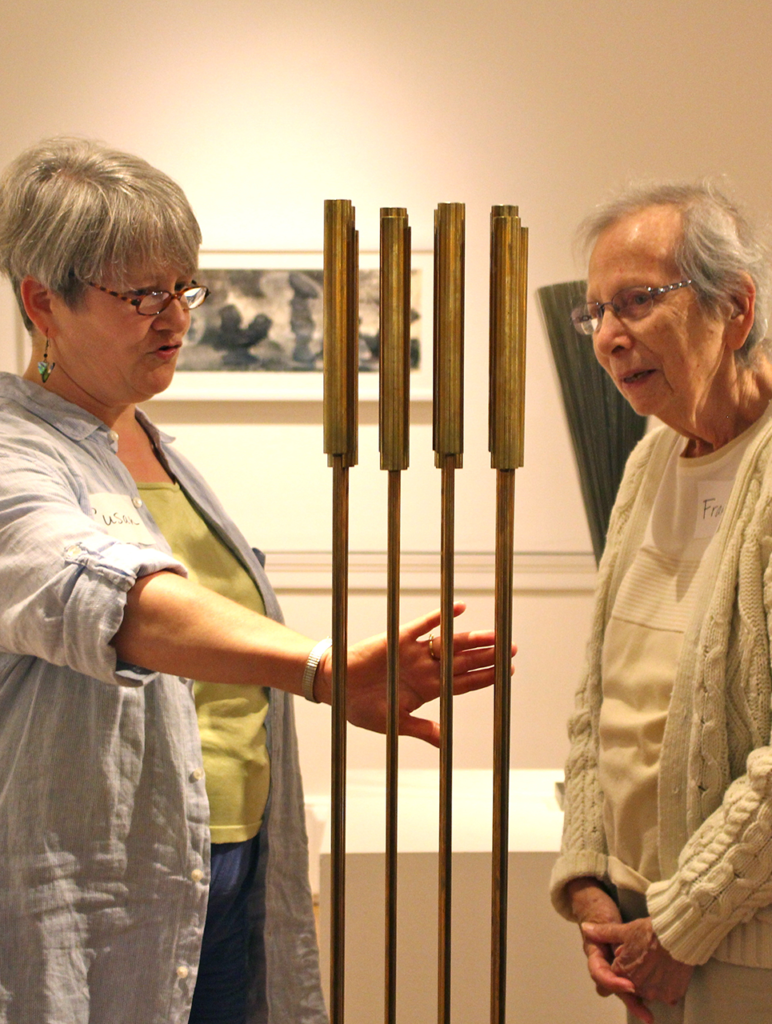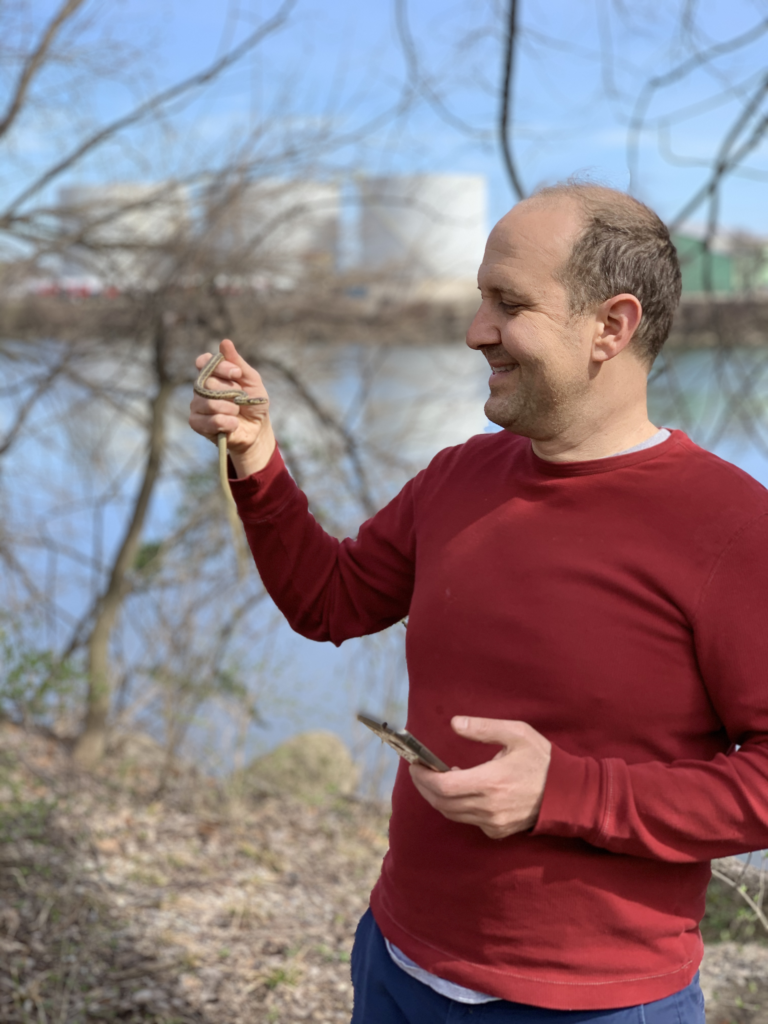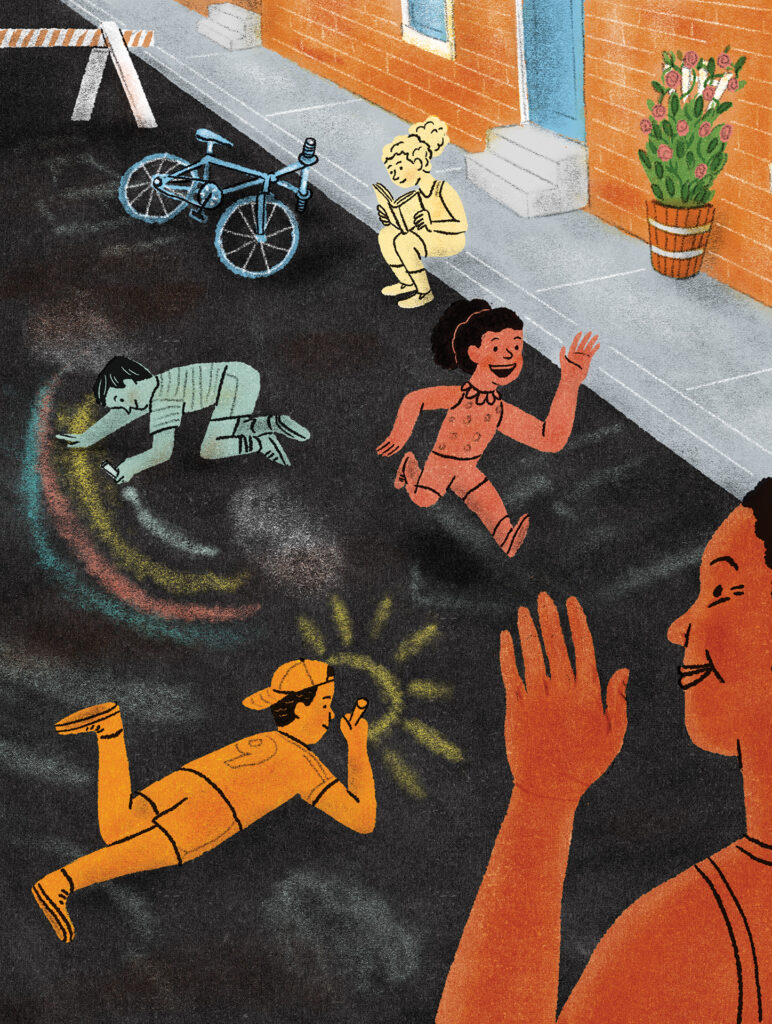As I write this, the rain has been at it for six hours, and the National Weather Service has issued a flood watch. Behind my house, the rain barrel, connected to a downspout draining the back section of the roof, is overflowing, with the excess water joining the rest of the block’s runoff in our sewer system, where it will flush raw sewage into the Schuylkill River.
The official — euphemistic — term for this is a “combined sewer overflow,” which happens because, in much of Philadelphia, the sewer system uses the same underground pipes as the stormwater drainage system. In heavy rains, the sudden surge of stormwater running off the hard roofs, sidewalks and streets of Philadelphia overwhelms the treatment system.
Along with work to dig up and separate some sections of the now-combined system, the City has been working to slow the flow of stormwater off of Philadelphia’s impermeable surfaces. This has been the goal of the Green City, Clean Waters campaign, which involves the use of trees and other plants, along with drainage features that direct stormwater to them, to soak up some of the runoff.
My rain barrel would seem to help, filling up when it rains, and then letting the water out later, to be soaked up by the plants in my garden. But the more time I’ve spent using it, the less I think it has much of an impact.
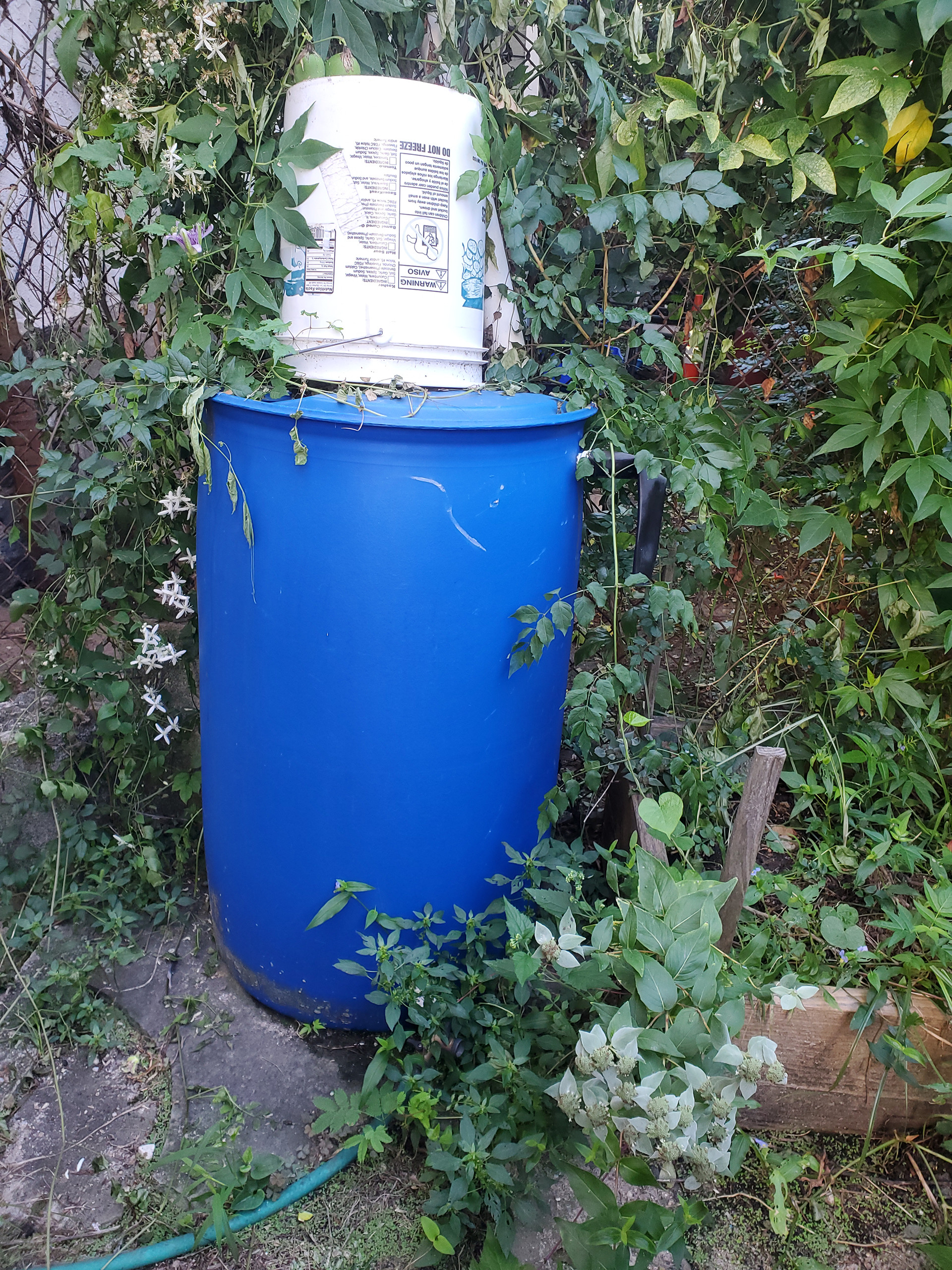
For starters, the barrel takes in water from only part of the roof, and then only until it fills up. After that, the extra flow from the roof goes into the combined stormwater/sewage system of our West Philly neighborhood, doing its little part to pollute the Schuylkill River. It would take in more water if we were more dedicated about emptying it between rains, but these days the plants we grow in the garden, which occupy three raised beds in the tiny space behind our house (at 8 by 20 feet it feels like a stretch to call it a “backyard”), don’t require much extra water, and the barrel heads into most rainstorms already full.
And this is only during the growing season. From late September to April we don’t water anything at all, leaving all the precipitation for more than half the year to run straight into the drain.
…the rain barrel–garden strategy would be most effective at reducing stormwater runoff in areas that need it least.”
— Case Western Reserve university study
I am not the only person who has wondered about the efficacy of rain barrels. A study by researchers at Case Western Reserve University modeled the impact of rain barrels in suburban Cleveland, Ohio, and found they don’t end up slowing much runoff. Even assuming that homeowners used their rain barrels to water their gardens whenever needed, they would save only 1.4 to 3.1% of total roof runoff. The same researchers then modeled the impact of rain barrel use in cities across the country to see how much they would reduce roof runoff. They found that the strongest reduction would be in the Southwest, where there is relatively little rain. As they put it, “unfortunately, it appears that the rain barrel–garden strategy would be most effective at reducing stormwater runoff in areas that need it least.”
In spite of the evidence that rain barrels don’t make much of an impact on stormwater runoff, it’s a strategy that remains popular. The Philadelphia Water Department’s Rain Check program distributes free rain barrels, for example, and they are a mainstay in watershed organization programming, perhaps because they are cheaper and easier to implement than features that do a better job at slowing runoff, such as green roofs or rain gardens.
Other gardeners are more enthusiastic about their rain barrels. Bryn Ashburn wrote to Grid to say that she highly recommends the free rain barrel she got from the City. “With the summer being so dry, I’ve been emptying it within days of the last rain.”
Rain barrels might come in handy for watering our plants, but I’ve accepted that there is not much we can do as individuals to solve the problem of combined sewer overflows. Our backyard isn’t big enough to work in a proper rain garden, and I don’t see a green roof in our immediate future either. I might keep the rain barrel through another summer in case it comes in handy for watering plants again, but the real work in improving our city’s water quality is beyond the means of the typical Philly homeowner. This is the work of the government.



